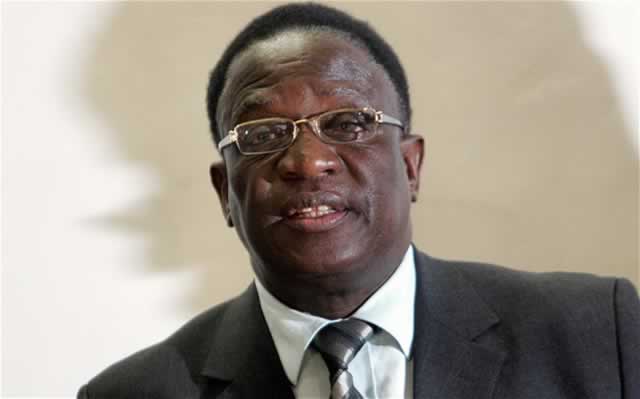Govt okays 206 amended laws

George Maponga in MASVINGO
Government is on course to finalising the realignment of laws with the new Constitution, with Cabinet having already approved amendments to 206 laws out of the 400 that require synchronisation with the new charter.
Justice, Legal and Parliamentary Affairs Minister Emmerson Mnangagwa said the ministry would hold district workshops early next year to popularise the amendments and the new Constitution.
In an interview soon after delivering a public lecture at Great Zimbabwe University last Friday, Minister Mnangagwa said Zimbabweans should be patient as the realignment process would take more time owing to a number of challenges, chief among them lack of resources for the exercise.
The minister said the Cabinet committee, which he chairs, would scrutinise the amendments approved by Cabinet before sending the laws to Parliament for printing and eventual debate.
He said some of the laws required minor changes such as wording, while others required to be overhauled with substantive amendments.
“The exercise to align our laws with the new Constitution is, of course, being affected by constraints such as lack of resources and limited time under which Parliament will be seated, but we hope to have completed about 90 percent of the exercise in the first or second quarter of next year,” Minister Mnangagwa said.
“At the moment, we want to make sure the new Constitution is available in four official languages, that is Shona, Ndebele, English and Tonga, but we hope to eventually translate it into other official languages such as Numbya that are recognised under the new Constitution.’’
He said about 1,2 million copies of the new Constitution had been printed in the four official languages for distribution to the public, with more copies to be printed to bring the number to at least two million.
He said Zimbabwe’s future was bright owing to the expanded democratic space and personal freedoms enshrined in the new Constitution, which was better compared to the Lancaster House Constitution which it replaced.
Minister Mnangagwa cited provisions such as the creation of commissions to deal with matters like corruption, human rights, gender and the media as an indication that Zimbabwe was on the right path in pursuit of socio-economic development.
He said the creation of the National Prosecuting Authority, an independent body with powers to institute investigations into crime and prosecute, was among the highlights of the new charter.
The Government has been urged to move with speed with the realignment of the laws, with the Constitutional Court risking being clogged with people seeking justice under the new Constitution.
Businessman Mr Mutumwa Mawere was the first to approach the court with a challenge on the Electoral Act, saying the new Constitution allowed dual citizenship and as such he should have been allowed to cast his ballot in the July 31, 2013 harmonised elections despite holding South African citizenship.
In February this year, the Constitutional Court underscored the need to urgently align immigration regulations with the new Constitution to avoid breaches of citizens’ rights to free movement.
This was in the case in which Dr Farai Madzimbamuto – son of the late national hero Cde Daniel Madzimbamuto – sought freedom to travel and live in Zimbabwe with his South African passport without applying for a residence permit.
In his address during the public lecture, Minister Mnangagwa said realisation of the fruits of the new charter was a process and not an event and challenged Zimbabweans not to succumb in the face of Western adversity.








Comments